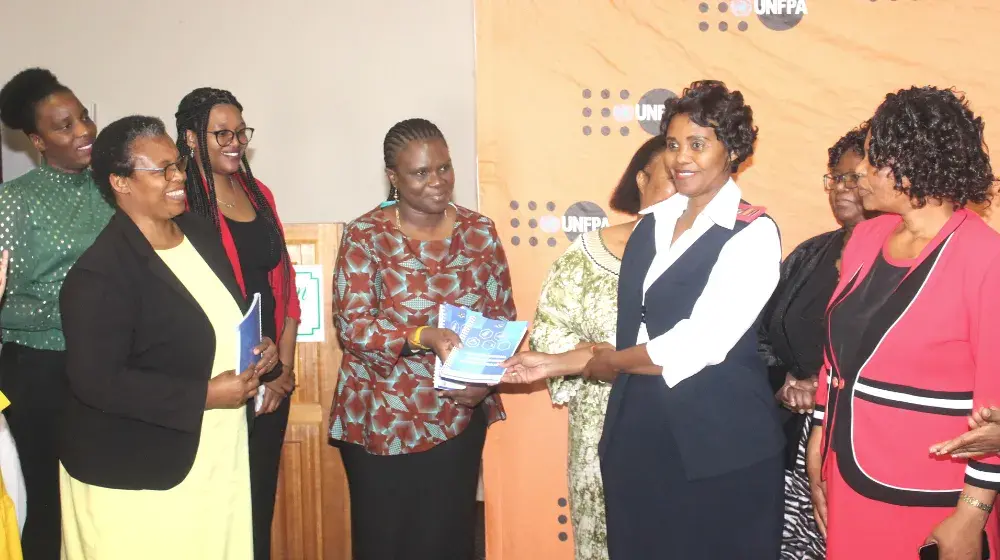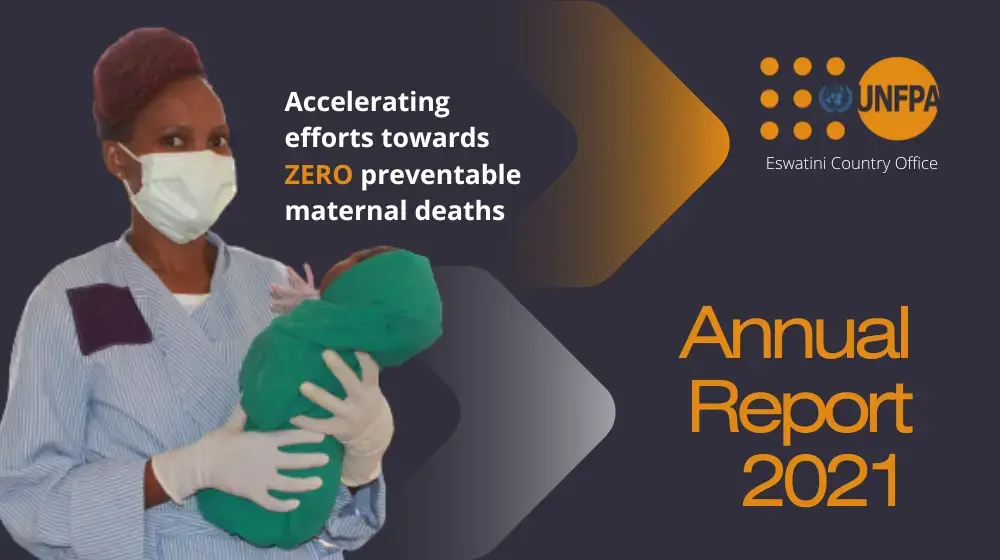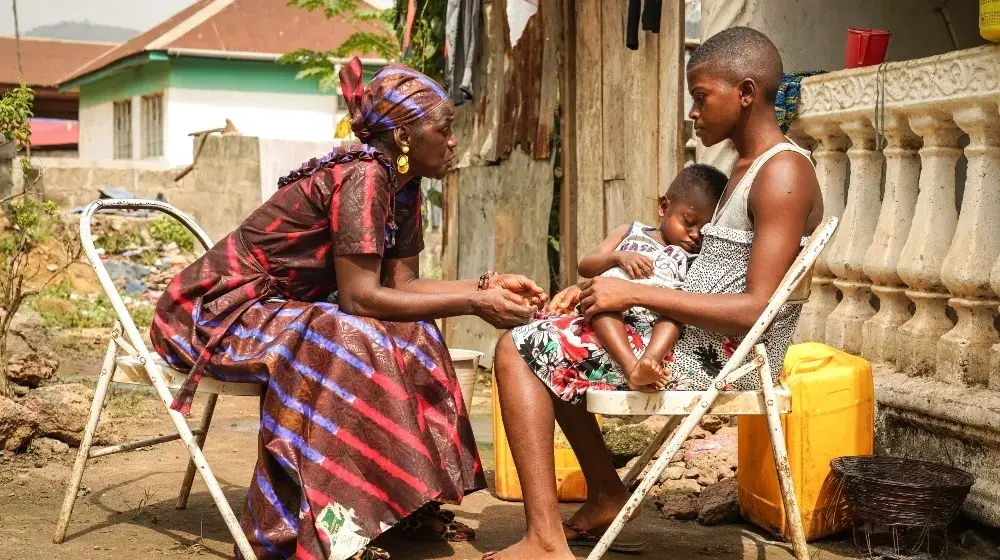“The curiosity of not knowing if the other children noticed the tiny brownish stains on my tunic troubled me, but I convinced myself that they’d have laughed if they had seen them,” pondered Temantimandze as she reflected on her unmemorable first menstrual period.
Temantimandze Gamedze, now 16, is among many young girls who experienced worrisome first periods due to lack of sanitary pads. Her incident occurred about 2 years ago when she had just turned 14.
“I felt some discomfort in my belly but didn’t pay as we were already walking home. When changing at home, I notice some stains on my uniform and now I kept thinking if any of my friends had noticed them.”
According to Gamedze, the conversations she had with her older sister on bodily changes while growing up helped her understand what had happened. However, she was not prepared as her mother could not afford buying her sanitary towels, she had no clue when she would need them.
“Theoretically, I was kind of prepared but physically I was not. I had no idea when it would really happen,” she added.
In many countries, women and girls face many challenges in terms of managing their menstrual periods. The situation is a bit dire in developing countries, including Africa, where 1 in 10 girls is likely to miss school when they are on their periods due to lack of proper menstrual hygiene commodities.
In communities where a large portion of the population is drowning in poverty, opting to buy a packet of mealie meal to feed a family over a packet of sanitary pads is a much easier choice. As a probable method of reducing period poverty in Eswatini, UNFPA Head of Office Margaret Thwala-Tembe noted that there was a need for ensuring affordability of sanitary towels in the country.
“We plead with our government to consider; tax exemption or price subsidy for period management commodities. This would ensure that no woman or girl including those with disabilities, are left behind.”
The Head of office shared this in her message for the commemoration of the Menstrual Hygiene Day 2021 themed It’s Time for Action. This theme was meant to mobilize communities to stand up and make a difference for women and girls to menstruate with pride. For that reason, Thwala-Tembe further urged Emaswati to eliminate stigma caused by myths about menstruation.
“We also invite communities to take action in breaking all stereotypes related to menstruation. Dialogues and empowerment sessions targeting community members could help demystify all these stereotypes and myths about period.”
“Access to menstrual health management commodities is a basic human right,” she emphasized.
Earlier this year, UNFPA Eswatini supported women in Game 5 community with dignity packs to ensure continuity of good hygiene practices as the community recovered from the havoc caused by cyclone Eloise.





